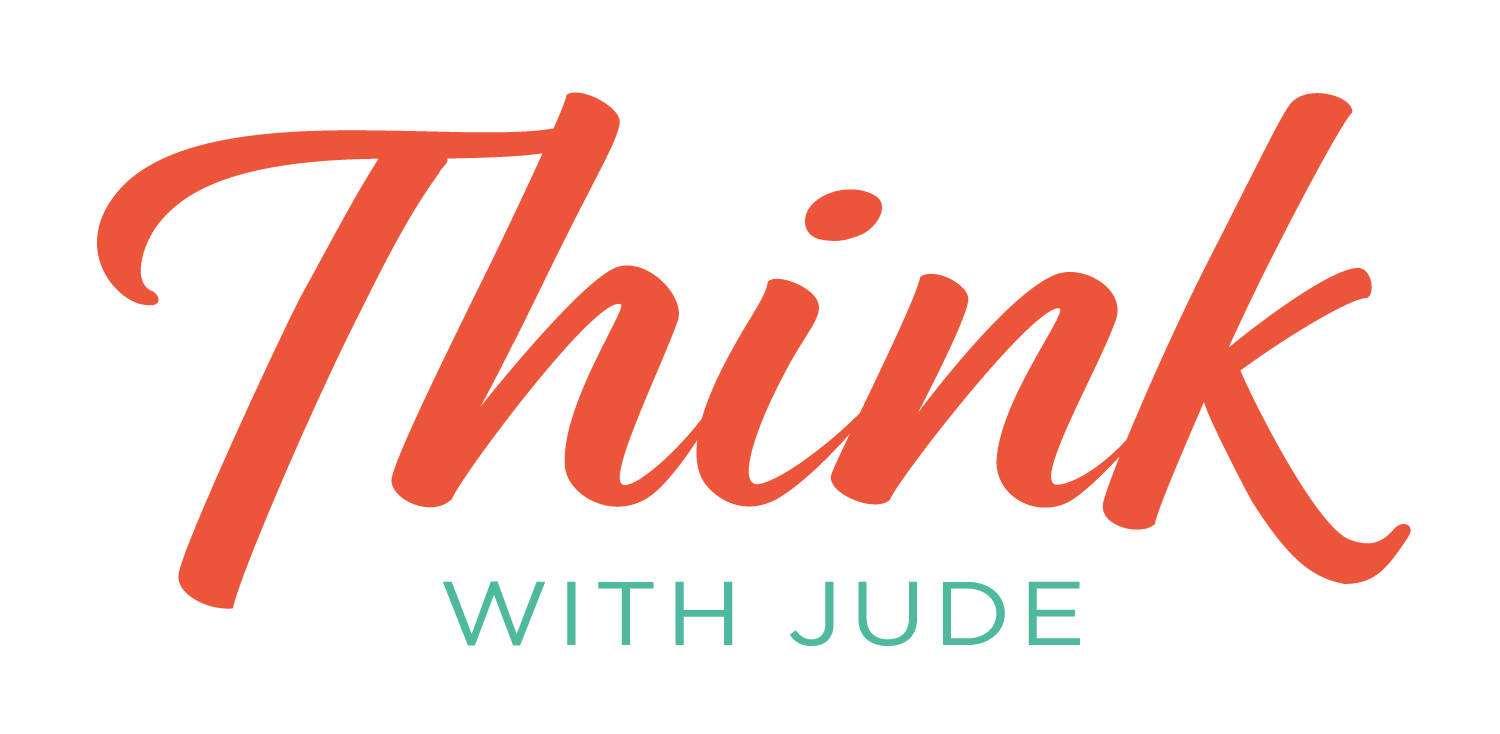Presenting tips part 1 : Breathing
If I asked you to do a presentation tomorrow how would you react?
Would you look up to the sky, mouthing, ‘YUS’ in appreciation?
Or would you be filled with a feeling of dread?
I often work with people that want to get better at presenting and I’ve built up a set of top tips what I’m going to share with you for the rest of July.
First up, how do you deal with symptoms like:
- Dry mouth
- Stomach churning
- Shallow breathing
- Heart pounding
- Palms sweaty
- Blushing
- Brain blank
Top tip: make your exhale longer than your inhale
Try it with me now.
Breathe in for a count of four and out for a count of eight.
Do this three times.
How do you feel?
Calmer? More relaxed? Clearer?
Now this is easy to do when you’re already in a pretty calm state, but when you’re nervous or anxious it’s a lot harder.
Stick with it though, you only need to make your exhale longer than your inhale.
Find a pattern that works for you, for example you may start with breathing in for a count of two and out for four, increasing the count as your body calms.
The counting is as important as the breathing because it blocks out that vampire voice in your head that is telling you to run!
The science
All the symptoms in the list above are natural and normal reactions to a perceived threat. Not that giving a presentation is a threat to your survival but your body doesn’t know that.
What’s happening is that your sympathetic nervous system is priming your body for action. You might know it better as fight, flight, freeze, fawn or flop. I call it survival mode for short. When you go into survival mode your sympathetic nervous system diverts all your body’s resources to one of the five ‘f’s’.
Let’s go back to that list above and see why those things are happening:
- Dry mouth – digestion is suspended so that energy can be diverted to action.
- Stomach churning – anything left in your stomach is no longer breaking down.
- Shallow breathing – more oxygen is needed to feed your muscles.
- Heart pounding – the heart beats faster to supply the body with more oxygenated blood.
- Palms sweaty – sweat glands activate to cool the body.
- Blushing – the body needs to release excess heat caused by all the action.
Brain blank – critical thinking which is slow is sidelined for fast instinctive thinking.
It can feel like you’re powerless to stop all this but remember to breathe.
When you slow your breathing it tricks your vagus nerve into thinking there is no threat and it calls on your parasympathetic, opposite of sympathetic, nervous system to put your body back into a rest state.
And the awesome thing is that you can breathe slowly without anyone noticing.
Try it and let me know how it goes.
Never want to miss another letter? Click now to sign up for weekly tips on how to be more coach-like in your work, career and life.





